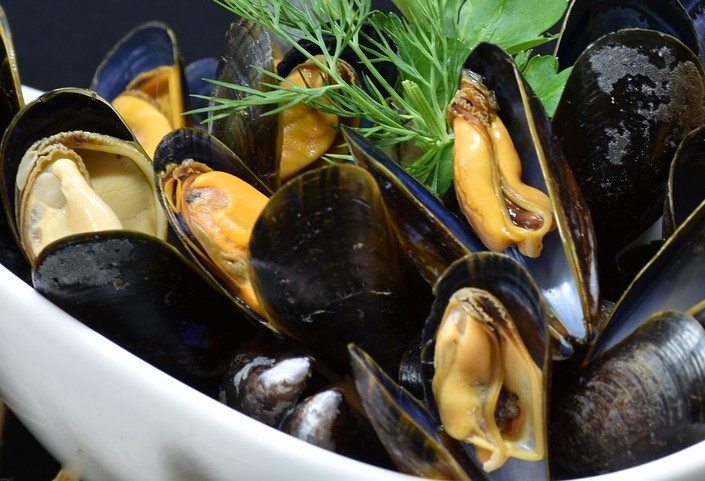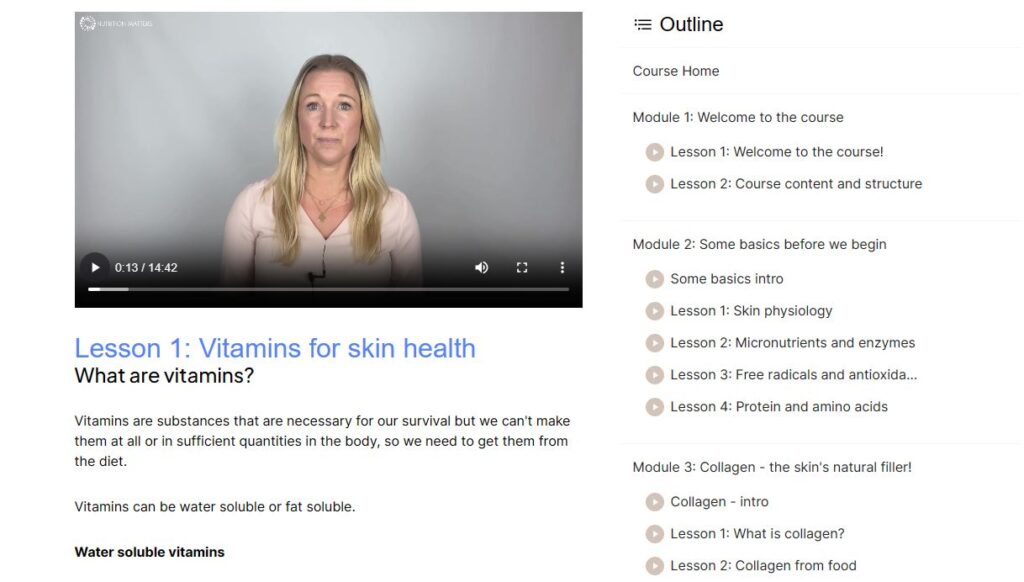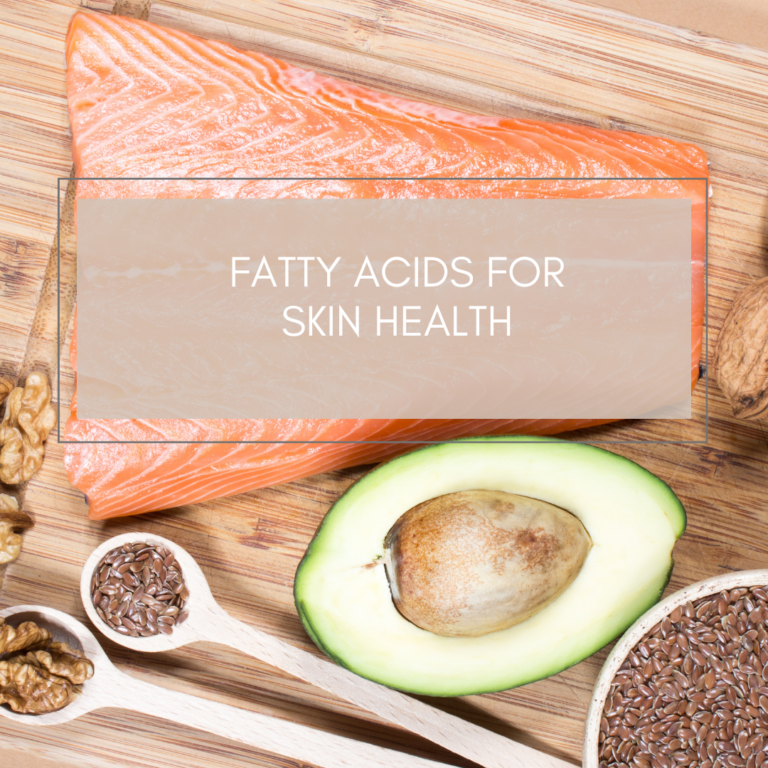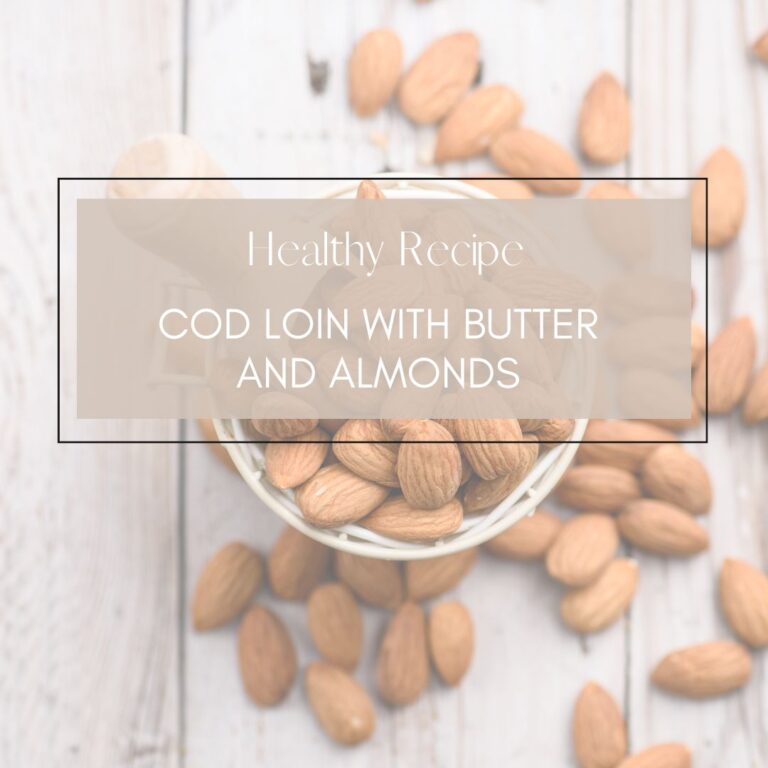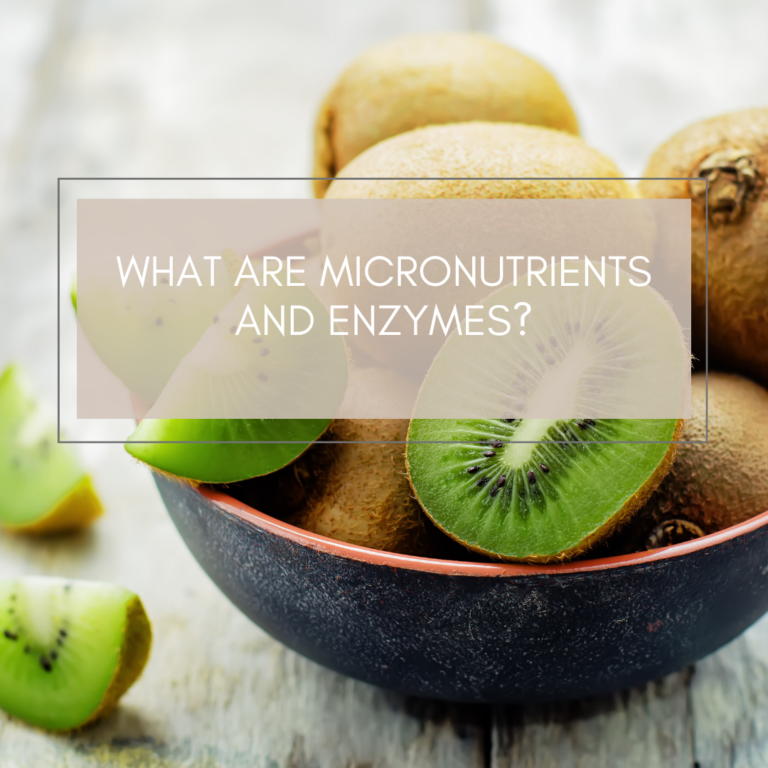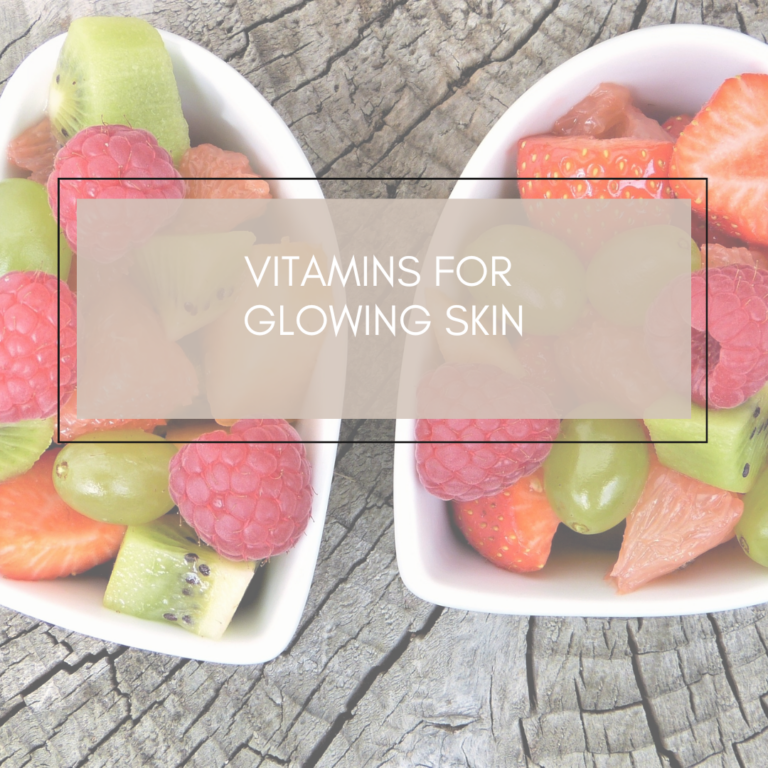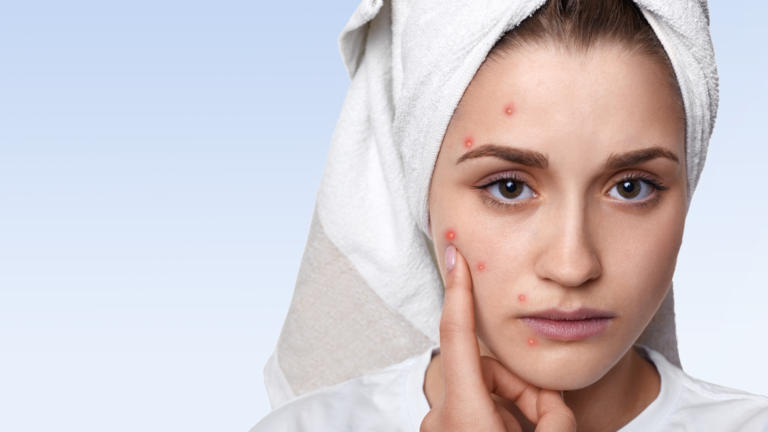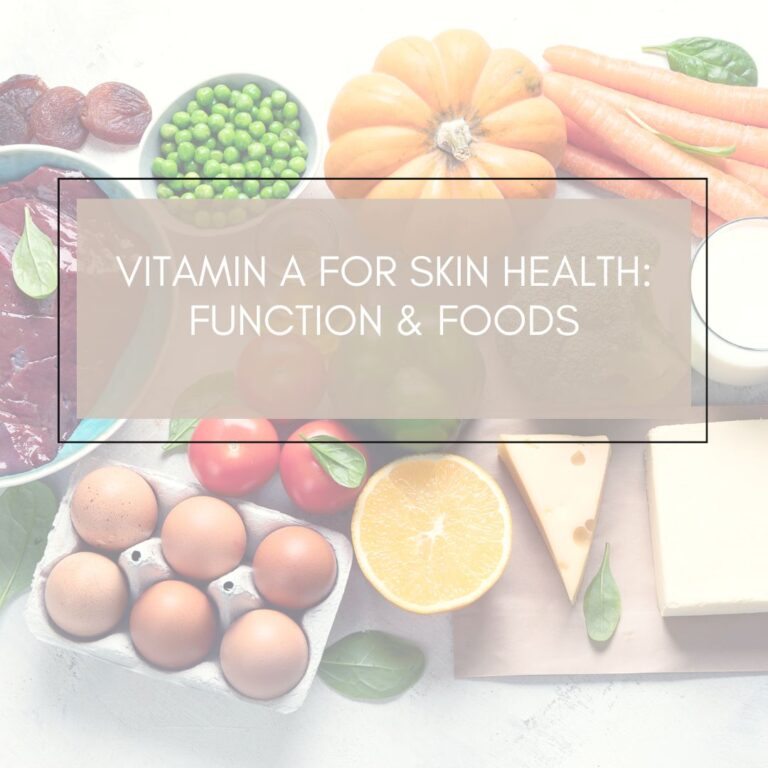Nutrition and acne
As mentioned in the previous article on foods and acne, blood sugar balance is important for controlling acne. Alpha-lipoic acid is a substance that has been shown to improve the body’s handling of glucose in a manner similar to insulin. It is also a powerful antioxidant previously described is important in acne. The main source of alpha-lipoic acid is dietary supplements. Cinnamon also has effects on blood sugar by increasing the activity of insulin. Studies show that cinnamon intake contributes to reduced blood sugar levels in patients with type 2 diabetes. Cinnamon also has an antibacterial effect against Propionibacterium acnes (P. acnes).
Vitamin B5 and acne
Vitamin B5 (pantothenic acid) is physiologically active as coenzyme A and is important for fat burning. It has been shown to help with acne and this is believed to be due to reduced production of sebum by increasing the burning of fat, reducing the size of the pores and regulating the production of sex hormones. The reduced sebum production means that the bacteria in the skin have less fuel for energy to survive.
High dose pantothenic acid supplementation has been shown to help with acne. One study on adults showed that 2,2 grams for 12 weeks reduced acne. The treatment was well tolerated and safe, according to the researches. The mechanism by which this occurs may be due to antibacterial and skin softening activity of pantothenic acid.
It has also been proposed that pantothenic acid may have an antioxidant effect that reduces low-grade inflammation.
Vitamin B5 is found in many foods but the high levels shown in studies helping against acne are only achieved through supplements. However, it is important to reduce the risk of a deficiency by eating foods high in pantothenic acid.
Foods containing vitamin B5 is:
- Meat and organ meat
- Fish and shellfish
- Chicken
- Vegetables
- Beans and lentils
- Eggs
Zinc and acne
Zinc is a trace element important for regulating the immune system, especially processes that involve inflammation, but it has also been associated with levels of certain immune cells and it inhibits the growth of P. acnes in the skin. Zinc is a cofactor (structural part of an enzyme) to about 300 enzymes and is important for a large number of processes around the body. Among other things, it is important for the metabolism of vitamin A, which is also important for acne, and many studies show that various forms of zinc supplementation have reduced acne symptoms, mainly of the inflammatory variant.
Another effect of zinc is that it is important for the production of stomach acid and it has been shown that as many as 40 percent of people with acne suffer from a lack of stomach acid. This can mean that the food is not broken down properly in the stomach, which can cause an imbalance in the intestinal flora and an excess of harmful bacteria and thus increased formation of inflammatory substances.
In one study, participants received a mixture of zinc with the antioxidants beta-carotene, vitamin C, and E for three months. Almost 79 percent of the participants had an 80-100 percent improvement in their acne.
Good food sources of zinc are:
- Oysters and mussels
- Meat and organ meats
- Fish
- Nuts and seeds

Vitamin A, beta-carotene and acne
Vitamin A (retinol) is important for normal hair follicle function and has antioxidant properties. Patients with acne have been shown to have low levels of vitamin A. Supplements of high levels of vitamin A and the combination of vitamin A and vitamin E have been shown to help with acne. The drug isotretinoin is a very concentrated and high dose of vitamin A and is used for acne. This drug is known for its many unpleasant side effects. Therefore, intake of vitamin A-rich foods, e.g. liver, butter, fatty fish or a supplement of natural vitamin A with a lower dose may be a safer alternative.
Beta-carotene is a phytonutrient and fat-soluble antioxidant that belongs to the carotene family. It is called pro-vitamin A as it is converted in the body to vitamin A and is a safe way to get the vitamin as it can not lead to toxicity. In addition, antioxidants, including beta-carotene, have been shown to be low in people with acne.
Beta-carotene is found in green, yellow and orange vegetables and fruits, such as carrots, peppers, apricots, sweet potatoes and green leafy vegetables.
Vitamin E, selenium and acne
Vitamin E is another fat-soluble antioxidant that has been shown to help with acne. It reduces the formation of inflammatory substances, is needed for the metabolism of vitamin A and for wound healing. Vitamin E has also been found to be low in patients with acne.
Vitamin E is found in, among other things, olive oil, avocados, nuts and seeds. If vitamin E is taken as a dietary supplement, a natural form of the vitamin should be chosen.
Selenium is another trace element that may be implicated in acne. It is needed for the metabolism of vitamin E and other important antioxidants around the body. It has also been shown in older studies to help with acne.
Omega-3 fatty acids
Omega 3 fatty acids have several anti-inflammatory properties sometimes used in the treatment of acne. It is hugely important for skin health due to several mechanisms.
Omega-3 fatty acids are found in meat from grassfed animals, fatty fish such as sardines, mackrill and wild caught salmon, some eggs, flax seeds and flax seed oil, walnuts and pumpkin seeds.
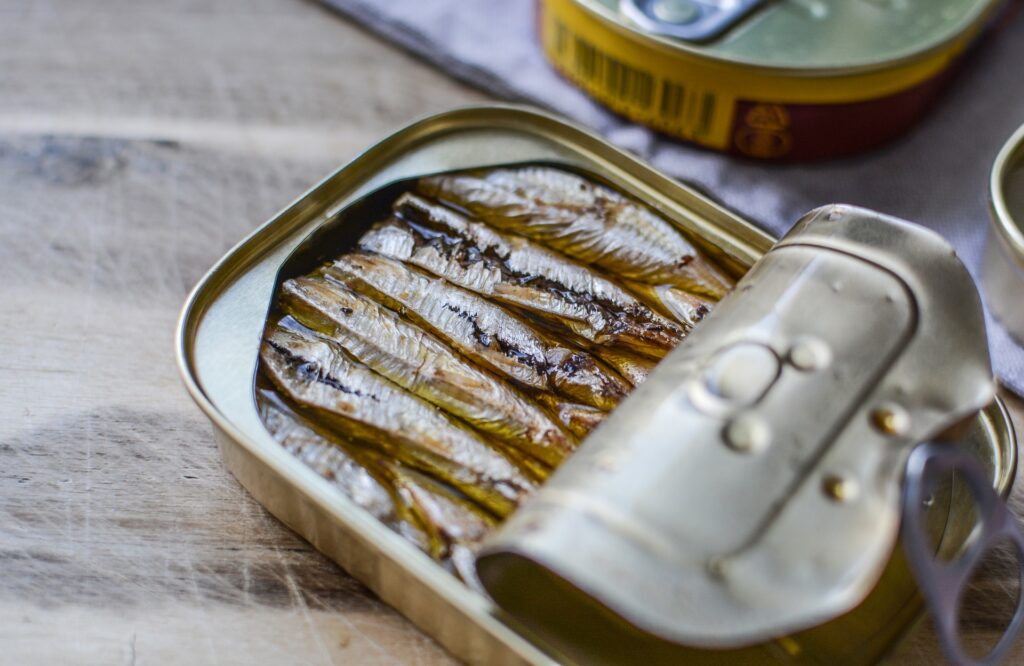
Lactoferrin and acne
Lactoferrin is a glycoprotein (a protein with carbohydrates bound to it) that is found in breast milk, saliva, sweat, tears and other body fluids. It is part of the body’s defense against microorganisms through, among other things, its antimicrobial, anti-inflammatory and antioxidant properties.
Several studies show that supplements of lactoferrin can help with acne problems. One of these studies, in which participants received 100 mg of lactoferrin twice daily for eight weeks, showed decreased symptoms in 76.9 percent (30 people out of 39) of the participants.
Gut health and acne
In recent years, researchers have discovered more and more how our intestinal flora affects the body. Bacteria in the gut can also affect the health of the skin and especially the development of acne. Many people who come to terms with their gastrointestinal problems also experience improvements in their acne.
It is also possible that friendly intestinal bacteria, so-called probiotics (Lactobacillus bulgaricus and Lactobacillus acidofilus), reduce the production of inflammatory substances in the skin.
Do you want to get some tips on what to eat to support skin health and reduce acne? Read this article.
Nutrition Matters Skin –
Your complete guide to beautiful skin from within!
References
- Abulnaja K.O. Oxidant/antioxidant status in obese adolescent females with acne vulgaris. Indian j Dermatol. 2009;54
- Bowe PW, Logan AC. Acne vulgaris, probiotics and the gut-brain-skin axis – back to the future? Gut Pathogens. 2011; 3:1
- Dreno B, Amblard P, Agache P, et al. Low doses of zinc gluconate for inflammatory acne. Acta Dermatovener (Stockholm) 1989;69
- Dreno B, Foulc P, Reynaud A, Moyse D, Habert H, Richet H: Effectof zinc gluconate on propionibacterium acnes resistance to erythromycin in patients with inflammatory acne: in vitro and in vivo study. Eur J Dermatol 2005, 15
- Kim J et al. Dietary effect of lactoferrin-enriched fermented milk on skin surface lipid and clinical improvement of acne vulgaris. Nutrition. 2010:26
- Kiratli H, Irkeç M, Orhan M. Tear lactoferrin levels in chronic meibomitis associated with acne rosacea. Eur J Ophthalmol. 2000 Jan-Mar;10(1)
- Kurokawa I et al. New developments in our understanding of acne pathogenesis and treatment. Experimental Dermatology. 2009;18
- Leung LH. Pantothenic acid deficiency as the pathogenesis of acne vulgaris. Medical Hypotheses. 1995;44(6)
- Michaëlsson G, Edqvist LE. Erythrocyte glutathione peroxidase activity in acne vulgaris and the effect of selenium and vitamin E treatment. Acta Derm Venereol. 1984;64(1)
- Michaelsson G, Juhlin L, Vahlquist A. Effects of oral zinc and vitamin A in acne. Arch Dermatol 1977; 133
- Mueller EA et al. (2011) Efficacy and tolerability of oral lactoferrin supplementation in mild to moderate acne vulgaris: an exploratory study. Current Medical Research & Opinion. 27:4
- Sardana K, Garg V.K. An observational study of methioninebound zinc with antioxidants for mild to moderate acne vulgaris. Dermatologic Therapy. 2010;23
- Verma KC, Saini AS, Dhamija SK. Oral zinc sulphate therapy in acne vulgaris: a double-blind trial. Acta Dermatovener (Stockholm) 1980;60

